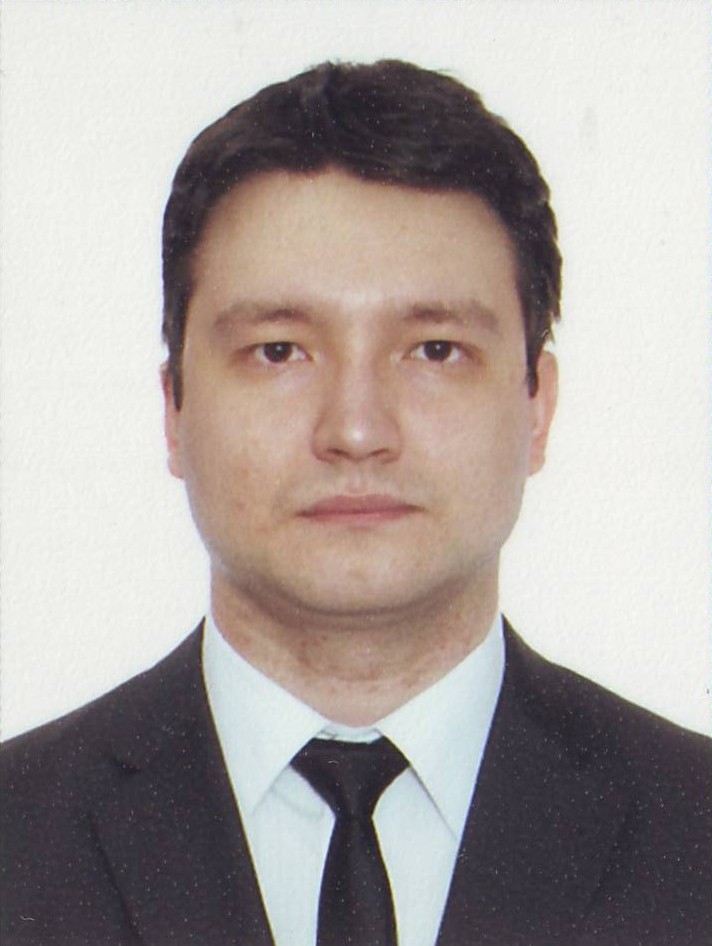The article raises the problems of religious courts’ functioning in the modern secular state, the autonomy of religious associations and the limitation of the competence of religious courts in the context of secularism. The author defines the term “religious court” as a body for resolving conflicts on the basis of religious norms, operating within a religious organization or group. The article describes main varieties and lines of activity of religious courts, distinguishing religious (church) courts, religious arbitrations and mediation institutions. Despite the fact that the powers of religious courts are significantly reduced, they remain demanded by some religious organizations and believers, acquiring new functions in the form of counseling, reconciliation, mediation. It analyzes the position of supporters and opponents of religious courts in a secular democratic state. While the radical representatives of the first group demand recognition of the decisions of religious courts by secular authorities, even if they infringe on the individual rights and freedoms of believers, the latter advocate a complete ban on religious courts. The question is raised about the correlation of the individual and collective components of the freedom of religion, especially in cases when a religious community is able to influence the religious and other freedoms of believers through religious courts. The theory of legal pluralism, used by supporters of the expansion of the power of religious courts, is criticized as inadequate to the social reality and capable of leading to the disintegration of society. The idea of a complete ban on the activities of religious courts in a secular state on the pretext of protecting human rights seems also to be incorrect. As a result, the parties need to find a compromise solution equidistant from radical “liberal” or prohibitive measures. Religious courts should act exclusively within the framework of the legislation, ensuring the normal functioning of religious associations and contributing to the rethinking of the content of religious norms in the modern world, simultaneously preventing violations of the believers’ rights and the radicalization of religious groups.
Keywords: religion, law, secular state, secularity, freedom of religion, religious court, religious arbitration, religious mediation
DOI: 10.22250/2072-8662.2020.1.114-122
About the author
 |
Ilshat A. Mukhametzaripov – PhD (History), Deputy Director for Science at The Center of Islamic Studies of Tatarstan Academy of Sciences; |






